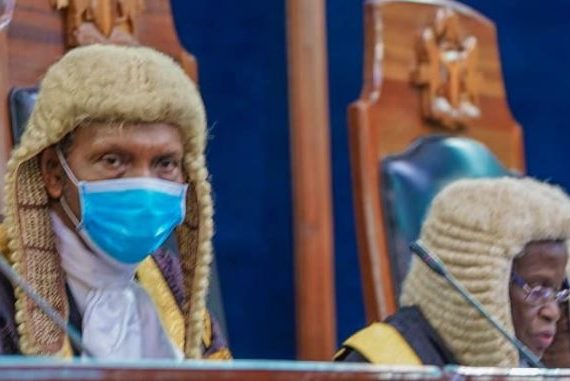Written by Carrington Omokaro, Esq
- ISSUE ESTOPPEL
Illustration
Making reference to a land dispute, Mr. A sues Mr. B in 2012 asking the court to declare him the owner of the land in dispute. Mr B did not counter-claim. The court eventually holds that Mr. A has failed to prove title to land. Mind you, Mr. B did not counterclaim, so the fact that Mr A’s claim was dismissed, does not make him the owner.
What then happens if Mr. A refuses to give up possession ? Should Mr. B take the laws into his hand and kick Mr A out, No !. Should he also wait for Mr. A to file another action, so that he (Mr. B) can raise res judicate…No!
Mr. B can now institute an action against Mr. A to prove his own title and in his statement of claim(i.e Mr. B’s), he will then plead the earlier decision as Issue Estoppel (I.e to establish the fact that Mr. A (Claimant in the previous suit, now defendant in the subsequent suit) is estopped from pleading any fact in his statement of defence towards establishing title. Hence, Mr. A will be estopped from leading evidence as regards title.
2️⃣ RES JUDICATA
It is only used as a defence and when raised, it robs the court of jurisdiction. This is why a Claimant cannot raise Res judicata because he cannot be validly seen to raise a plea that oust the court from entertaining his own suit.
It gives the impression that the claimant in the instant suit had judgment delivered against him or that the claimant’s claim had earlier been dismissed.
Illustration
Using same scenario as stated in the preceding paragraph… If Mr. A had successfully proved title, then Mr. B ought not to be in the land. However, assuming Mr. B decides to institute an action against Mr. A who had earlier gotten judgment in his favour, then Mr. A who will now be the defendant in the subsequent action can raise the defence of RES JUDICATA which operates not only against the party whom it affects(Mr. B), but also against the jurisdiction of the court itself. The party
affected (Mr. B) is estopped per rem judicatam from bringing a fresh claim before the court. At the same time, the Jurisdiction of the court to hear such
claim is ousted.” This is because the court having previously made a pronouncement on that claim between both parties in the previous suit is functus officio
UKAEGBU & ORS vs. UGOJI & ORS (1991) 6 NWLR (Pt. 196) 127



